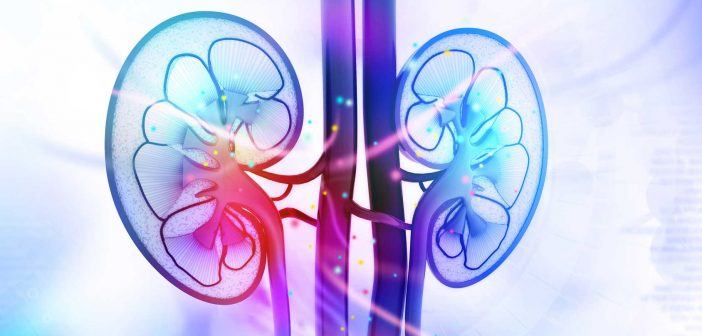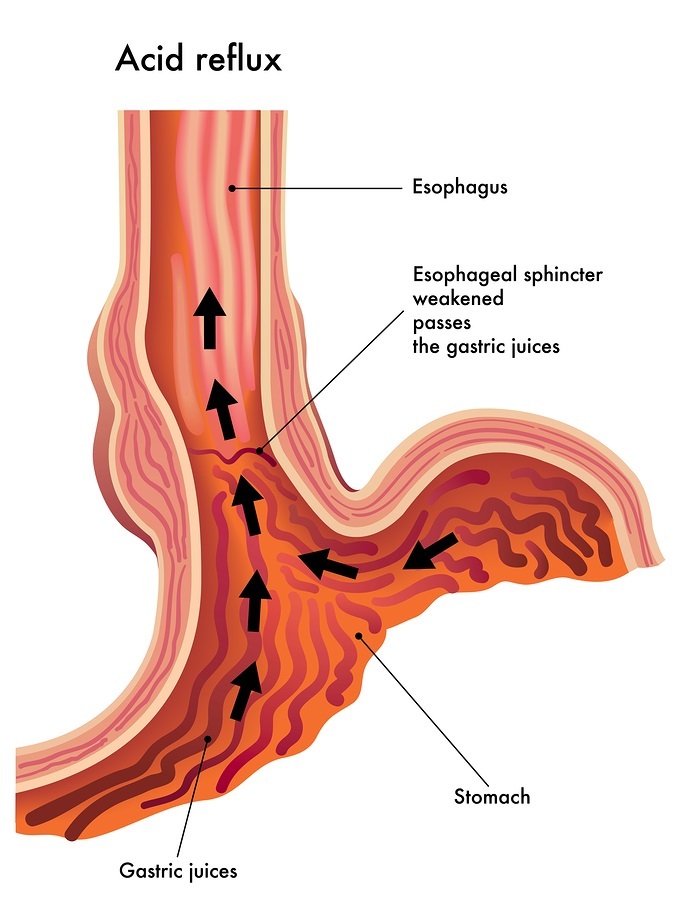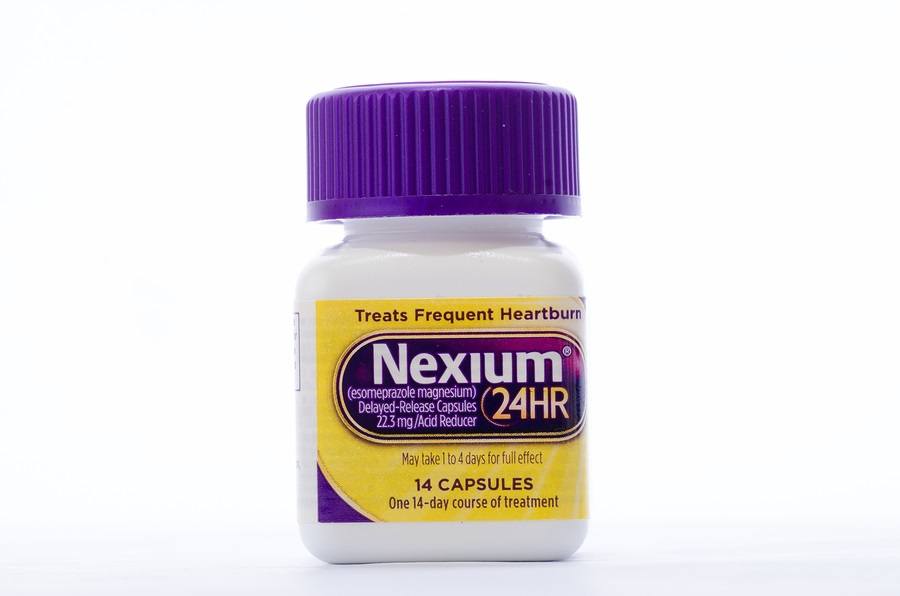Stomach Acid Blockers Linked to Brain Damage and Kidney Disease
Increase the risk of Alzheimer’s by 50%? Kidney disease by up to 50%? Unfortunately, that’s exactly what the science suggests. Over the years, we’ve written extensively about the dangers of stomach acid drugs—conventional medicine’s completely wrongheaded answer to stomach pain and acid reflux. Scientists aren’t certain what causes acid reflux, but a leading hypothesis is that it’s caused by a stomach environment that is not acidic enough. The lack of acid in the stomach short-circuits the signal needed to close the pyloric valve. Stomach pain apart from acid reflux may also be caused by a lack of stomach acid. It sounds counterintuitive, but the lack of acid leads to poor digestion, causing undigested food to ferment in the gut. This leads to painful intestinal gas and other symptoms of “bad bacteria” (such as helicobacter bacteria) taking hold. Here, too, more acid, not less, will help. Despite this evidence, conventional medicine gives us proton pump inhibitors (PPIs) to treat stomach pain and acid reflux, which work by eliminating acid production—thus making the problem even worse. Unfortunately, the bad news doesn’t stop there.






